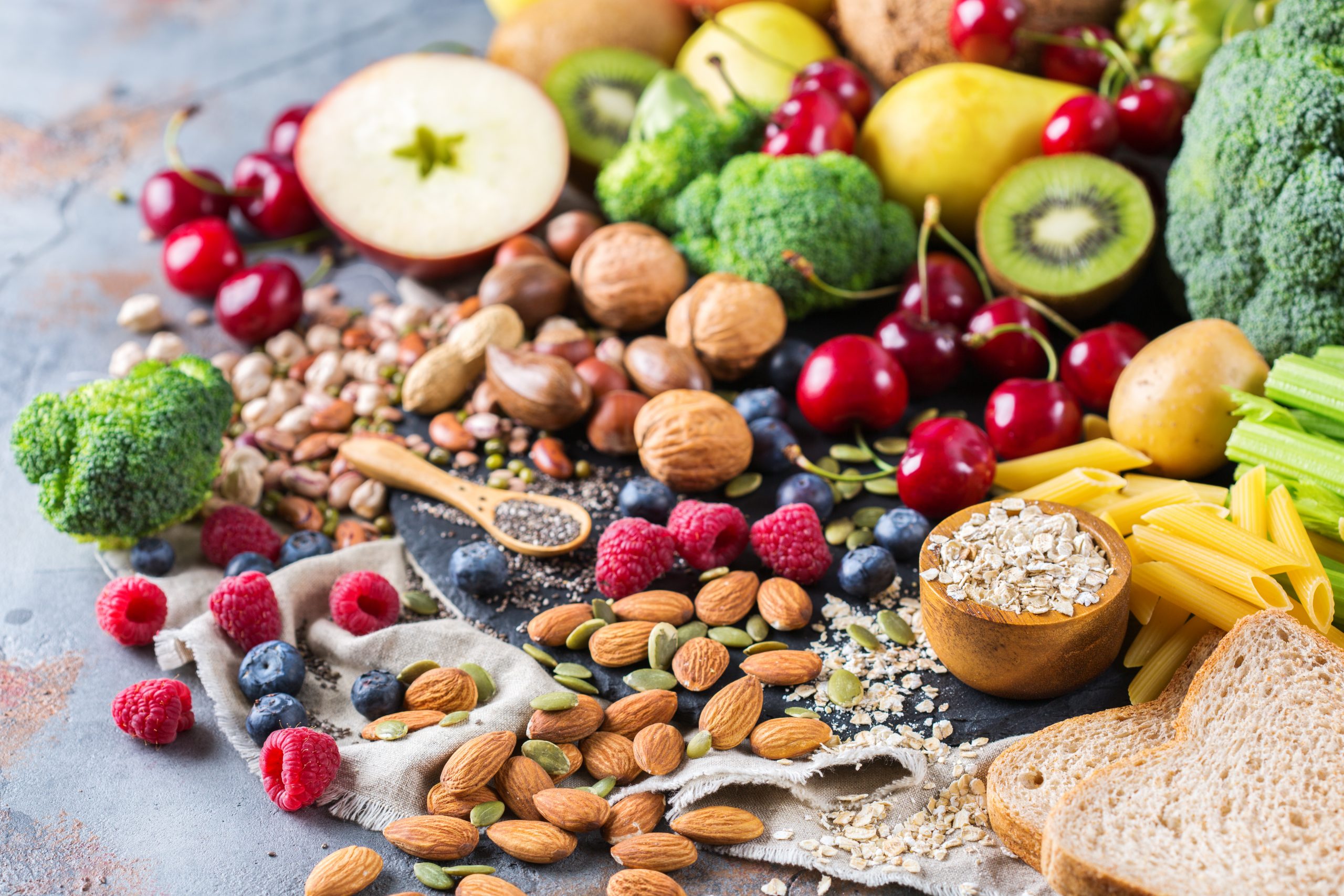Eating a high-fiber diet is one of the best things you can do for your heart health. In this article, we’ll explore the benefits of fiber for the heart and some tips for incorporating more fiber-rich foods into your diet.
Fiber is a type of carbohydrate that the body can’t digest, and it’s found in plant-based foods like fruits, vegetables, whole grains, and legumes. There are two types of fiber – soluble fiber and insoluble fiber – and both are important for heart health.
Soluble fiber dissolves in water and forms a gel-like substance in the digestive tract, which can help to lower cholesterol levels and regulate blood sugar. Insoluble fiber, on the other hand, adds bulk to the stool and helps to prevent constipation.
Here are some of the ways that fiber benefits the heart:
Lowers cholesterol levels: Soluble fiber binds to cholesterol in the digestive tract and helps to remove it from the body, leading to lower levels of LDL (bad) cholesterol. This, in turn, can reduce the risk of heart disease.
Regulates blood sugar: Soluble fiber slows down the absorption of sugar in the bloodstream, which can help to regulate blood sugar levels and reduce the risk of type 2 diabetes.
Promotes healthy weight: High-fiber foods are often low in calories and can help you feel full and satisfied, making it easier to maintain a healthy weight. This is important for heart health, as obesity is a major risk factor for cardiovascular disease.
Lowers blood pressure: Fiber-rich diets have been shown to lower blood pressure, which is important for reducing the risk of heart disease and stroke.
So how can you incorporate more fiber into your diet to improve heart health? Here are some tips:
Choose whole grains: Switch to whole-grain bread, pasta, and rice, which are higher in fiber than their refined counterparts.
Snack on fruits and vegetables: Fruits and vegetables are naturally high in fiber and make great snacks. Try adding sliced apples, carrots, or celery to your snack rotation.
Eat more legumes: Legumes like beans, lentils, and chickpeas are high in fiber and protein, making them a great addition to salads, soups, and stews.
Add seeds and nuts to your diet: Seeds and nuts like chia seeds, flaxseeds, almonds, and walnuts are high in fiber and healthy fats. Try adding them to smoothies, yogurt, or oatmeal.
Be mindful of food labels: When shopping for packaged foods, look for products that are high in fiber and low in added sugars and refined grains.
In conclusion, eating a high-fiber diet is an important step you can take to improve heart health and reduce the risk of cardiovascular disease. By lowering cholesterol levels, regulating blood sugar, promoting healthy weight, and reducing blood pressure, fiber-rich foods can help to protect the heart and improve overall wellbeing. So make sure to add plenty of fruits, vegetables, whole grains, legumes, and nuts to your diet – your heart will thank you!

